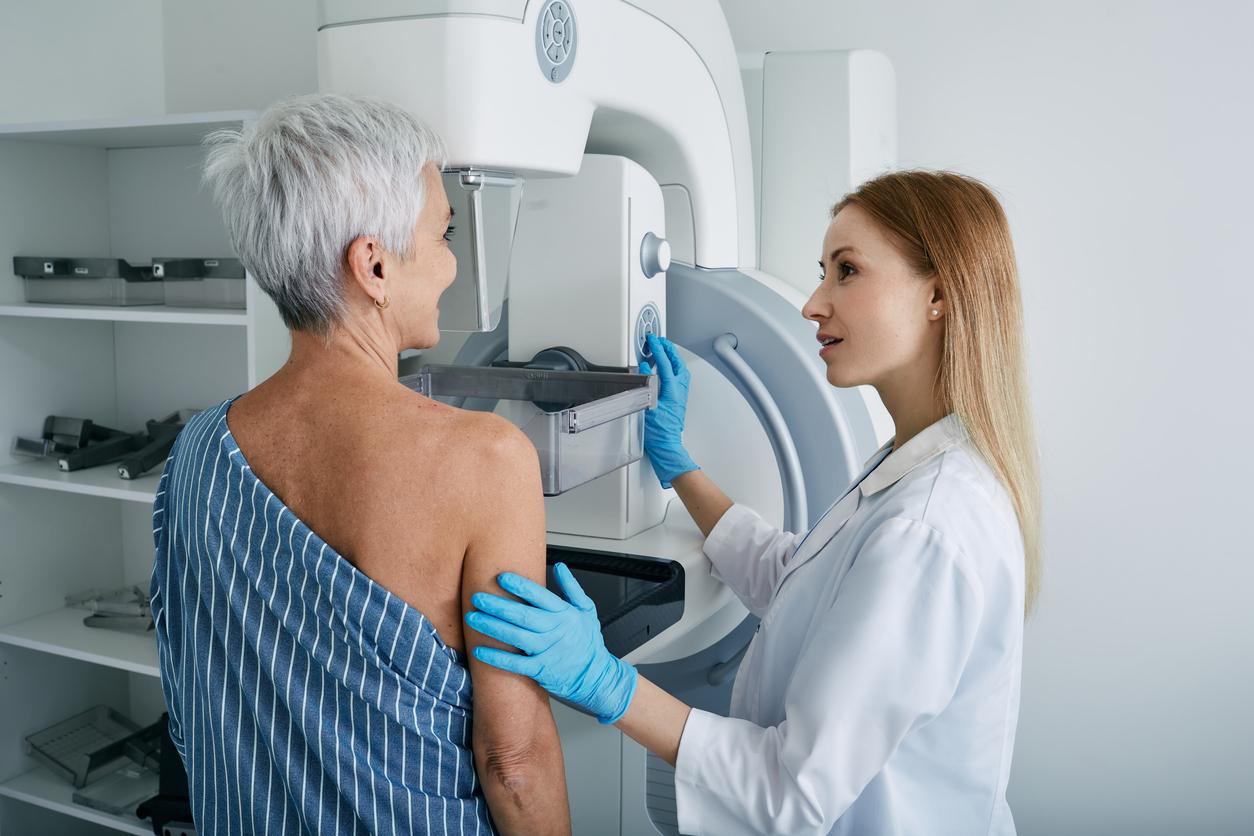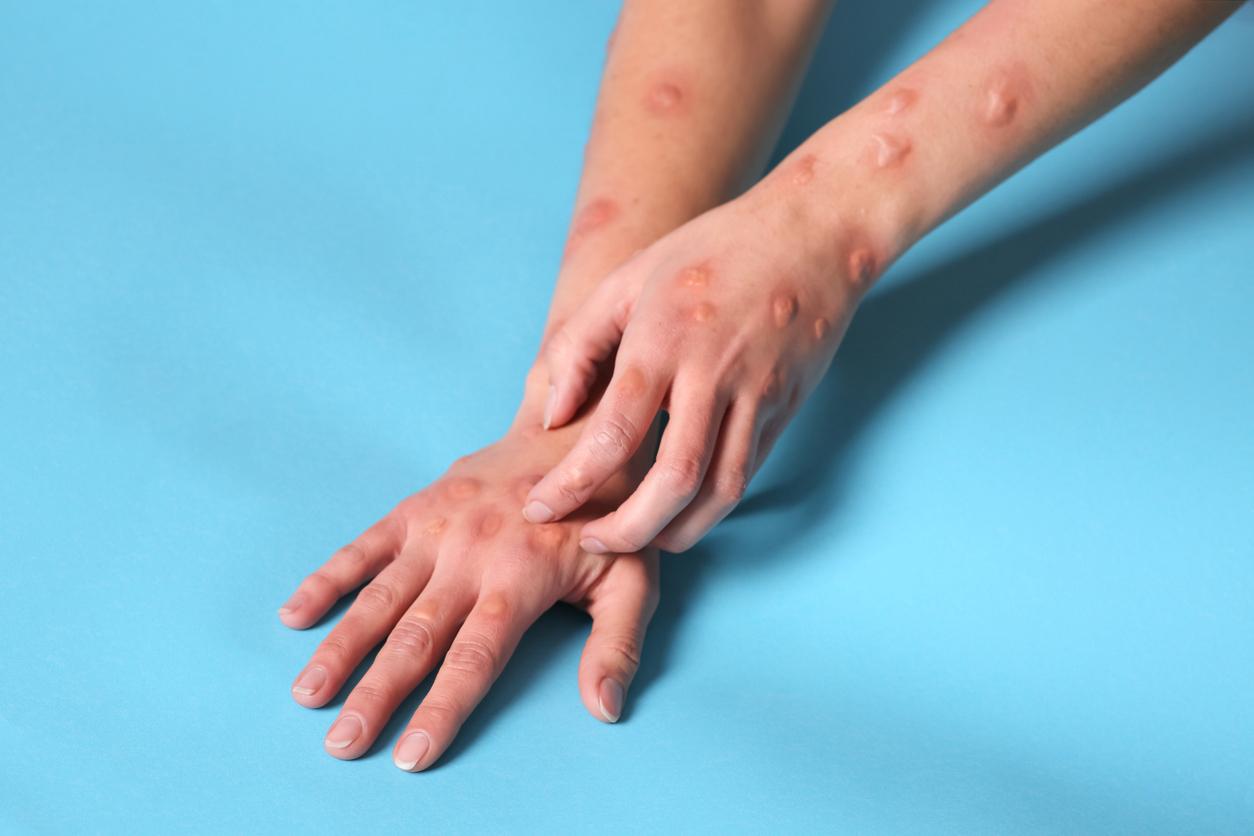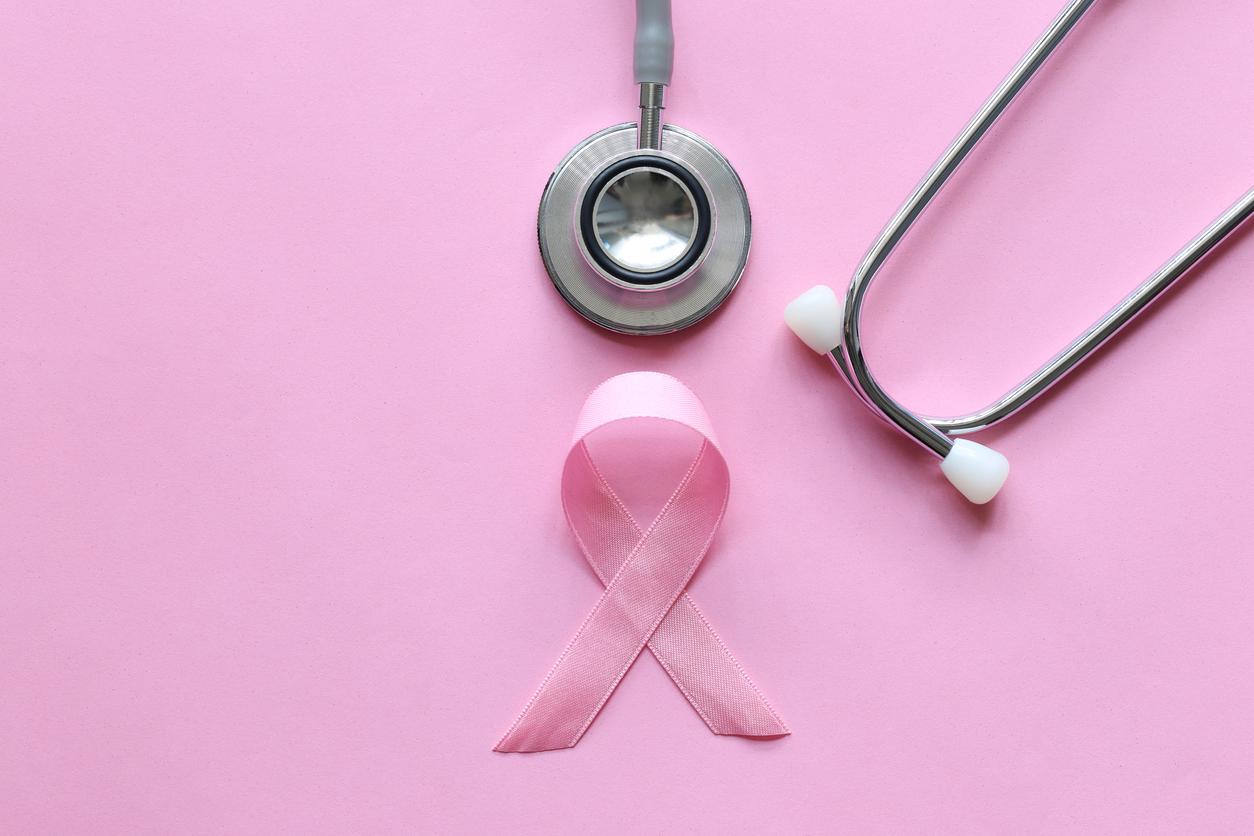Almost half of women with breast cancer who have received chemotherapy could safely avoid it.

- Genomic signatures make it possible to determine which treatment to put in place in breast cancer
- They make it possible to avoid many unnecessary chemotherapies and their side effects
After 9 years of follow-up, the prospective European MINDACT study confirms in The Lancet the clinical utility of the MammaPrint® genomic signature, which allows women with breast cancer to avoid unnecessary chemotherapy.
“De-escalation of Chemotherapy”
“We are extremely proud of the publication of long-term results from MINDACT, a large European study, in The Lancet Oncology. They confirm that low genomic risk means low risk, and that we can safely offer chemotherapy de-escalation. in these patients, particularly those over the age of 50 who have traditionally been treated aggressively, including those with lymph node involvement.” welcomes Martine Piccart, honorary professor of oncology at the Free University of Brussels. “These results reinforce the idea that all patients with early-stage breast cancer should have access to a recurrence risk test – which should be considered the standard of care when making a diagnosis, in all women. “, she believes.
What access to genomic tests?
The data published in The Lancet Oncology show that nearly half of women with breast cancer who have received chemotherapy can avoid it without loss of chance. “The breast cancer expert community is increasingly interested in understanding the benefits of chemotherapy for premenopausal women,” detailed Laura Van’TVeer, doctor of medicine. “Exploring this trend and its link to ovarian suppression is valuable, and ensuring that all women – regardless of age – have access to genomic testing. This would allow physicians and their patients to consider all the options for taking care of their cancer according to their genomic profile”, she concludes.
With 60,000 new cases every year, breast cancer ranks first among incident cancers in women, well ahead of colorectal cancer and lung cancer. Breast cancer screening (recommended every 2 years for women aged 50 to 74, editor’s note) is all the more interesting as the 5-year survival of affected patients is improving more and more: it has gone from 80% for patients diagnosed between 1989 and 1993 to 87% for those diagnosed between 2005 and 2010. As a result, the mortality rate linked to breast cancer is decreasing from year to year.


















